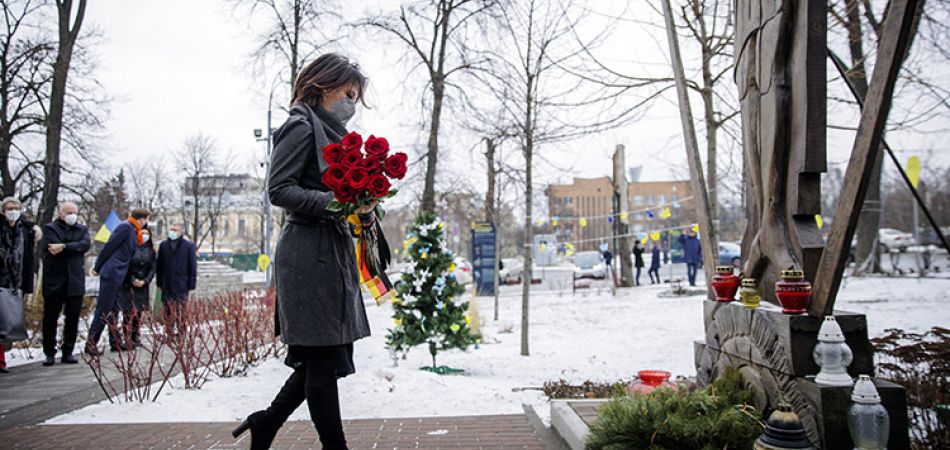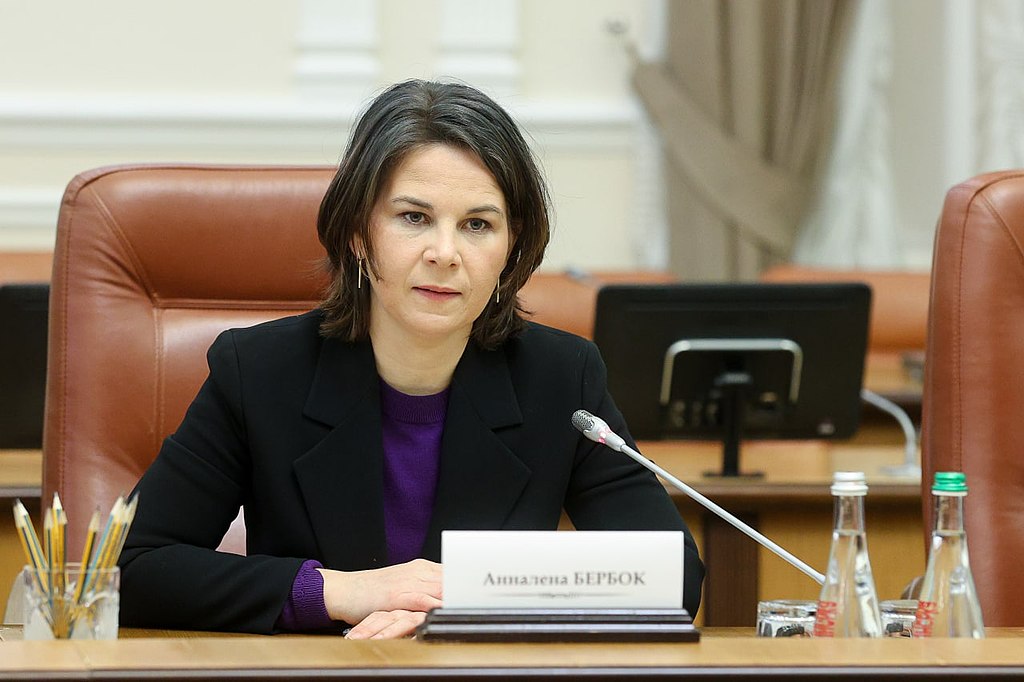It is hardly three weeks since the election of Donald Trump as US president. The German Chancellor Merkel and Foreign Minister Steinmeier reacted harshly to his victory. But his election apparently was not taken as a warning that similar political developments could become also relevant in Germany. Just recently, Merkel announced she would again run for chancellor. Additionally, a small circle of the German governing elite after a long political tug of war decided in a back-door deal to make Foreign Minister Frank-Walter Steinmeier the next President of Germany a few days ago.
He has not been elected yet, that’s right. The election by the Federal Convention will take place in February 2017, but so far Steinmeier is the only candidate and the convention will reflect current power relations.
Thus his “election” will actually be an appointment. German citizens do realize this and will even more get the impression that politics no longer has to do something with them, even if polls claim he has been the preferred candidate (taking into account recent polls their informative value have to be questioned).
Another issue is the fact that Steinmeier over the last two years has supported an appeasement with Russia at the detriment of the eastern neighbors of Germany, namely Poland and Ukraine. Some have pointed to the fact that he was a communist in his youth and editor of an according law journal with unclear financing.
One interesting aspect is that he continuously has supported to get rid of EU sanctions against Russia, imposed after the country occupied Crimea and started war in the Donbas: He has warned against too harsh sanctions (November 2014), questioned sanctions(December 2014), demanded to ease/phase out sanctions (May 2016), (June 2016), (July 2016) (September 2016), or been against more sanctions (October 2016).
Such actions can be understood as efforts for renewed economic cooperation with Russia, as well as the following acts: in December 2014, Steinmeier proposed a dialogue between the EU and the Eurasian Union. In later 2015, he supported to take Russia back into the G8, and again in April 2016. In the same month, he demanded cooperation with Russia and a “normalization of the relationship.” In the meantime the Russian economy has de facto crashed with 40% of its citizens not having enough money for food and clothing.
Frank-Walter Steinmeier and Economic Minister Sigmar Gabriel (both the leading politicians in the German social-democratic party SPD) have actively pushed the Russian North Stream II gas project.
The German foreign minister is also responsible for the German OSCE presidency this year which promotes “dialogue – trust – security.” The slogans have been mainly understood to push cooperation between the EU and the Russian Eurasian Union beyond the fact that Russia is waging war in Ukraine.
The recent Opal decision by the EU Commission allowing Gazprom to ship more gas to German/Czech markets through the Opal pipeline – which connects with North Stream pipelines – can be seen in this light:
If true, the OSCE has been misused to push economic projects between western European countries and Russia instead of security in Eastern Europe. Plus, Opal could be regarded as a test case in order to fully open up „North Stream II“ and to weaken sanctions.
In another scandal, Surkov (who is on the European sanctions list) was placed next to Steinmeier during Normandy-4 talks. In October 2016, Germany even having facilitated an exception-entry for him. A few days later Ukrainian hackers got access to over two thousands of his emails quite proving his decisive role in destabilizing Ukraine. No wonder the issue was largely ignored in the German press.
Steinmeier was also a friend of pushing the issue of a “special law” for the Donbas (November 2015, September 2016), and even Transnistria (July 2016). He moreover found elections on the occupied Donbas territories in the first half of 2016 were possible.
His notoriously optimistic views of Russian warfare in different world regions are a characteristic feature of his office. For example, Steinmeier’s call for a “common partnership of responsibility” or calls for an arms control process seem somehow unrealistic as Russia is waging war in Ukraine and Syria, and preparing its military for a larger continental war.
In regard to defense, he has preferred to support the project of a European army. The topic increasingly had been pushed since the Russian aggression in Ukraine. It would come at the expense of NATO and would seriously weaken the position of eastern European members – and does allow to distract attention away from other important topics (Germany’s role in NATO as a de-facto free-rider allowing the country to spend little on defense (some 1.2% of GDP) and to pose as an ethically correct acting country while others are doing the dirty business).
A culmination of NATO-bashing was reached in June 2016, when Steinmeier criticized NATO-defensive exercises as aggressive. The Brexit-referendum a week later and the election victory of Donald Trump in the US have strengthened calls of European defense initiatives which in the current security situation can only be assessed as a common European suicide.






